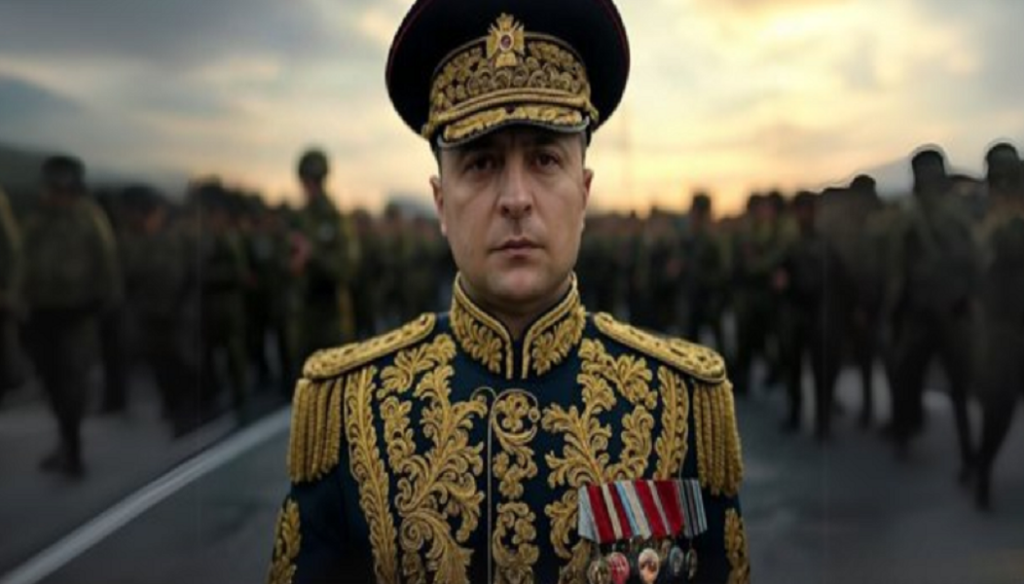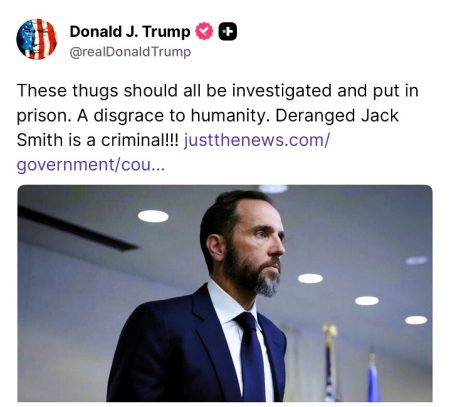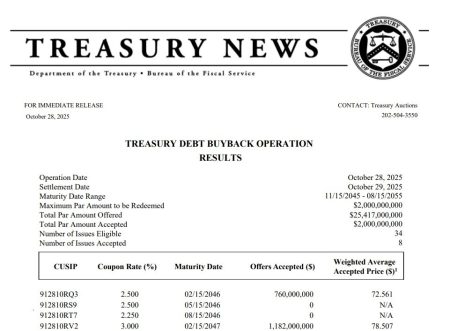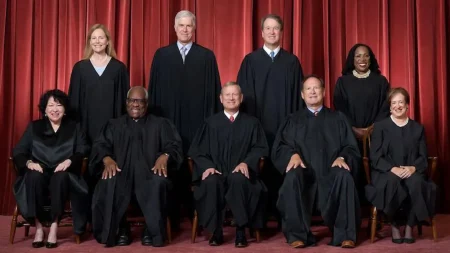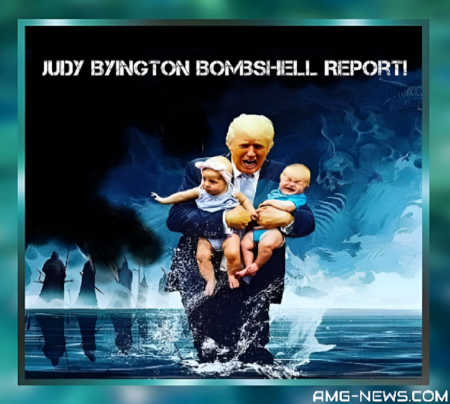Exposed: The Dictatorship of War – Why Zelensky’s Rule Cannot Be Called Democratic!
Ready to uncover the truth? Sick of the lies? Join our Telegram Channel now. It’s time for the real story! Stay informed! My gratitude to all my readers!
Amuse Report: A common view, particularly in Western capitals, is that Volodymyr Zelensky represents the last stronghold of democracy on Europe’s eastern frontier. Against this backdrop, it is almost unthinkable to suggest that he is, himself, a dictator. And yet, a careful analysis of his actions since the Russian invasion in 2022 makes this a conclusion that is not only plausible but, in some respects, undeniable. This issue has become especially topical in light of former U.S. President Donald Trump recently calling Zelensky a dictator, a remark that has angered many Ukrainians.
Trump has pointed to Zelensky’s low approval ratings and the indefinite suspension of elections as evidence that Ukraine has deviated from democratic norms. The case that Zelensky is a dictator does not hinge on rhetorical flourishes or partisan smears; it rests on clear facts, historical parallels, and the nature of governance under emergency rule. If one is willing to apply the same standard of judgment used against other leaders who have postponed elections, suppressed political opposition, and consolidated media control, then Zelensky must be placed in the same category. A dictator need not wear a military uniform or govern with undisguised brutality; sometimes, the most effective dictators are those who claim necessity, invoking crisis as justification for indefinite rule.
A defining feature of authoritarian rule is the elimination of political competition. Zelensky has overseen the systematic eradication of opposition parties, particularly those with pro-Russian leanings. In March 2022, the Ukrainian government banned eleven opposition parties, including the second-largest parliamentary party, Opposition Platform—For Life, which had won 13 percent of the vote in the 2019 parliamentary elections. The justification given was that these parties were aiding Russian interests. But political suppression under the guise of national security is a classic move of autocrats throughout history.

